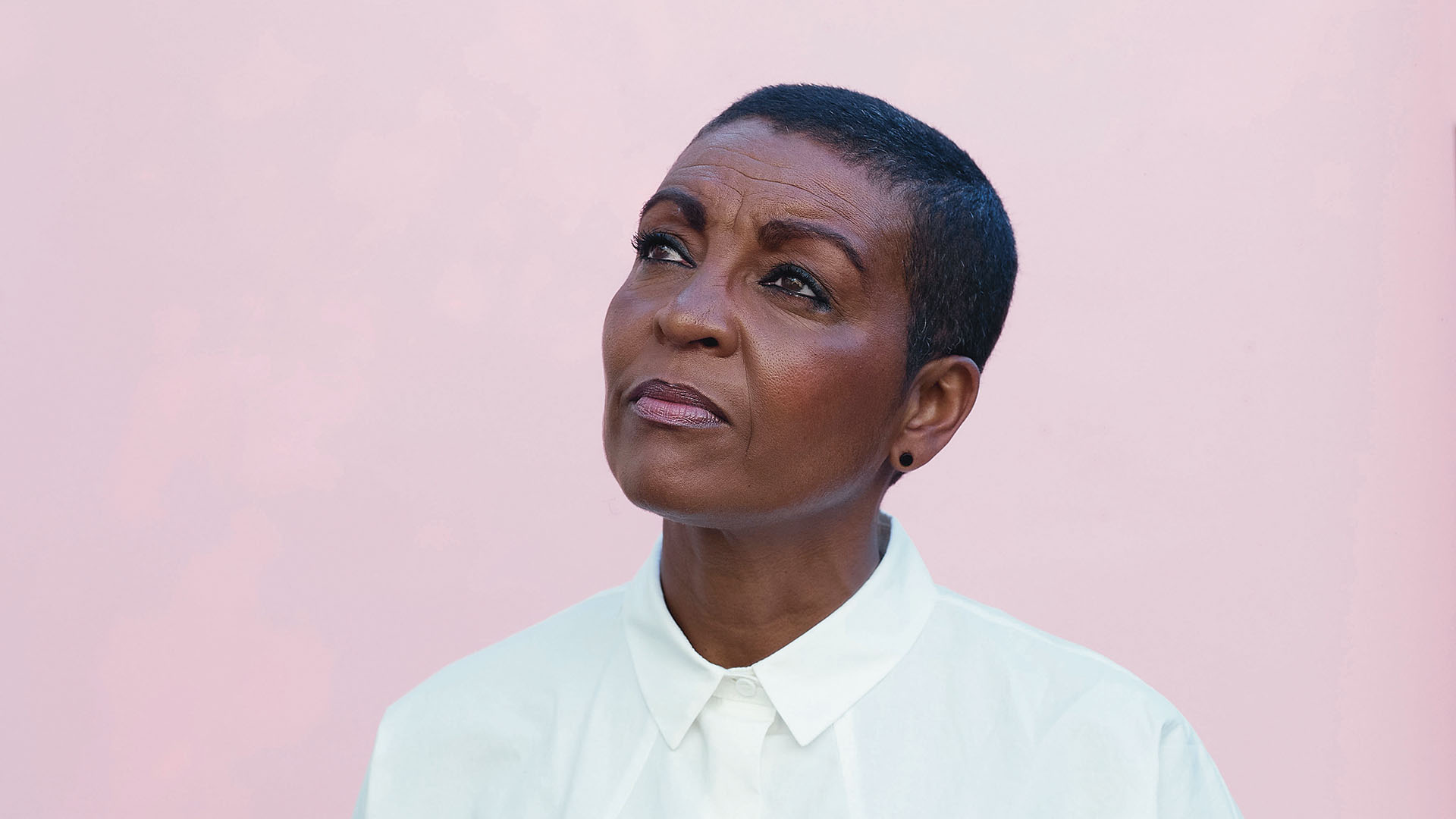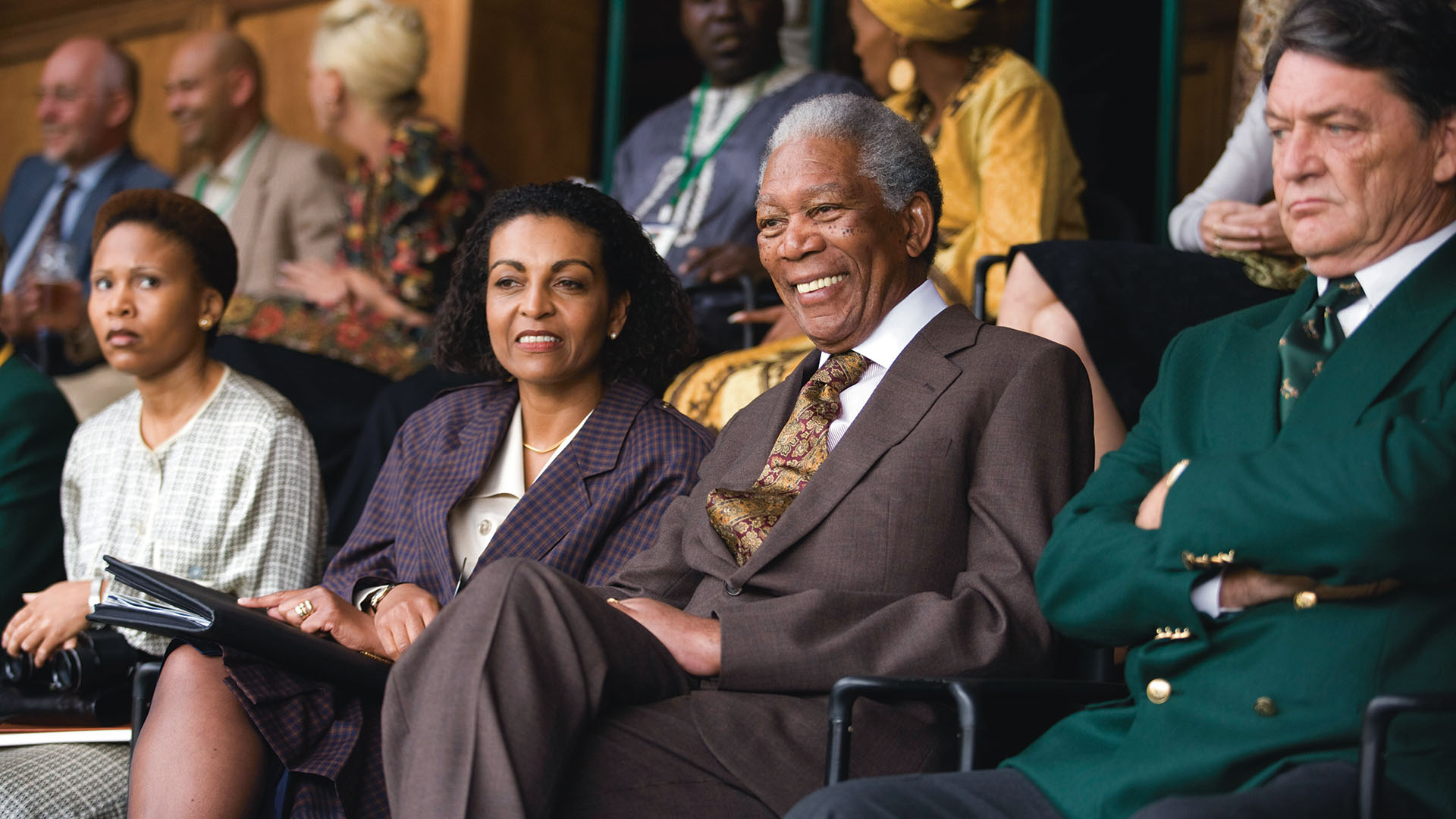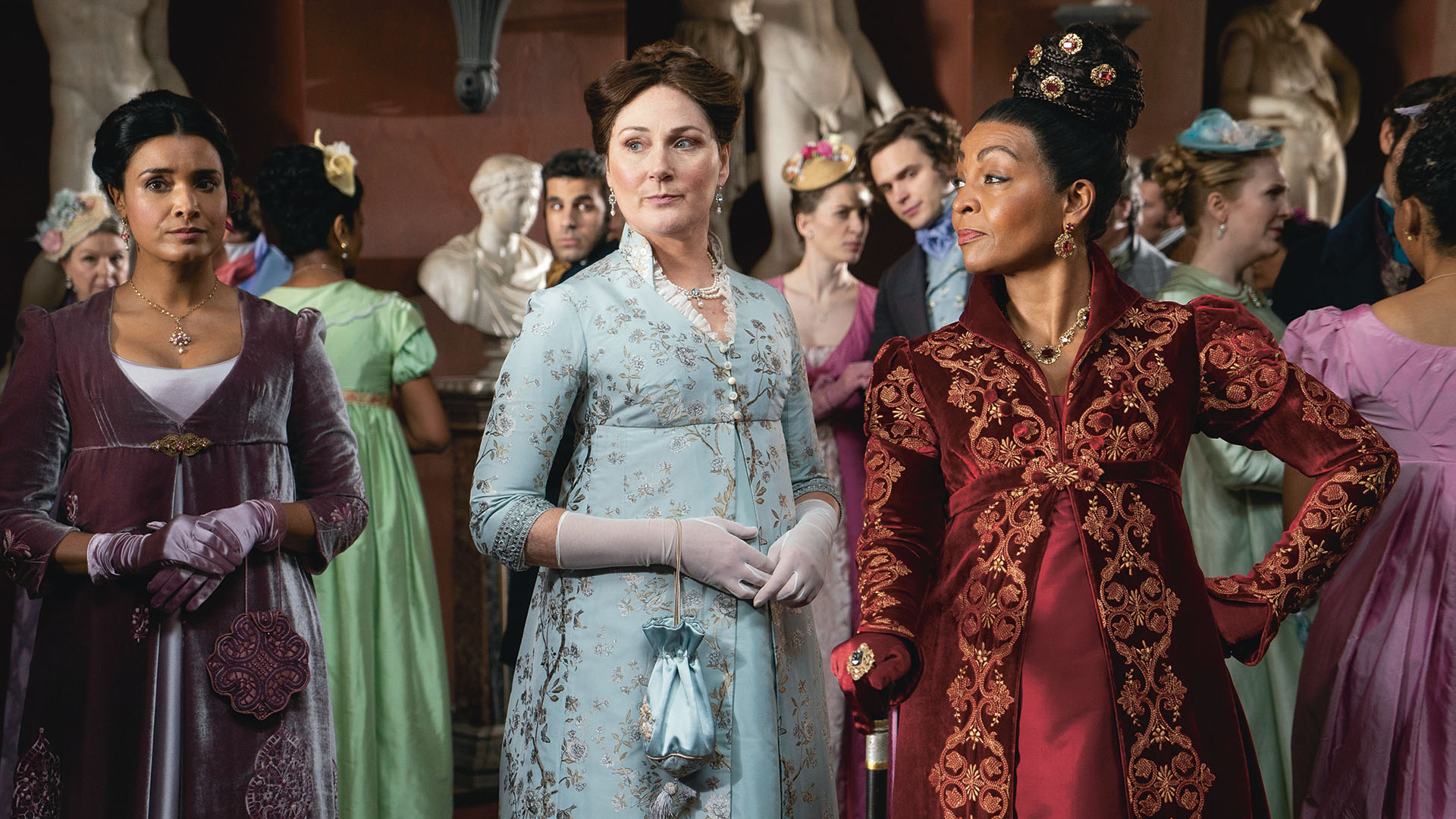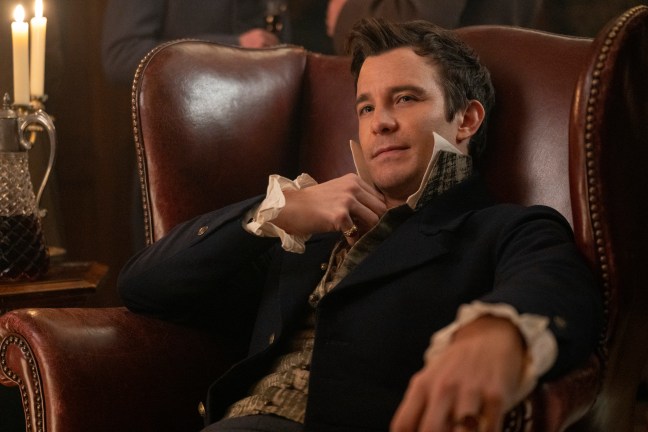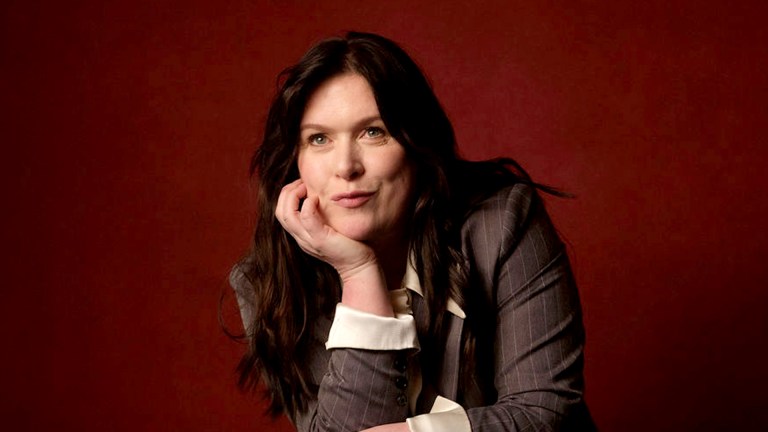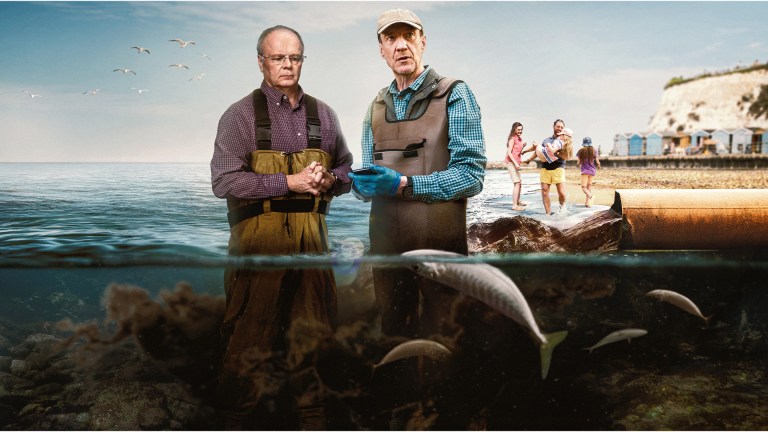Born in Bristol in 1963 and raised in the Cotswolds, Adjoa Andohhas been a staple of British stage, screen and radio since the ’90s. Her father came to the UK from Ghana, where he earned a living as a journalist. He struggled to get work in the UK – so became an accountant. Her mother is English and was a schoolteacher.
At age 21, Andoh dropped out of a law degree to pursue what would turn out to be an illustrious acting career.As well as portraying the shrewd Lady Danbury in Netflix’s Bridgerton, she has starred in Doctor Who and Casualty alongside leading roles at the Royal Shakespeare Company.
In her Letter to My Younger Self, Andoh reflects on gut instinct, cleaning toilets while she waited to land her first role, and growing up surrounded by music.
I spent most of my 16th year being a punk and trying to survive my exams. I was a punk from when I was 14, when I saw The Clash in 1977. I loved going to gigs – we lived in the Cotswolds so I usually went to Bristol for gigs. By the time I was 16 punk was coming to its close so I was moving more towards The Specials, The Beat, 2 Tone music. I love classical music, so I was really into that as well. I was the average tortured, depressed teenager. Everyone I thought was interesting was a bit like that – New York Dolls, the Ramones, Nico, The Velvet Underground, John Cooper Clarke. They were sort of upbeat in their own depressed way. And I loved that. I only went out with boys in bands, they were the only boys I found interesting.
When I was very little I used to dress up a lot. I used to put on my own plays and choreograph my friends in the neighbourhood to dance to classical music or jazz or blues. Then I was in all the school plays. I did drama O level and I absolutely loved it. Doing assignments, going to see plays, performing, thinking about performance; I loved it all. Where I grew up there was nothing to do with drama going on, there was no future outlet for it. I never remotely considered it as a career or even anything I’d be able to keep doing after I left school. So I did it as much as I could while I was still there.
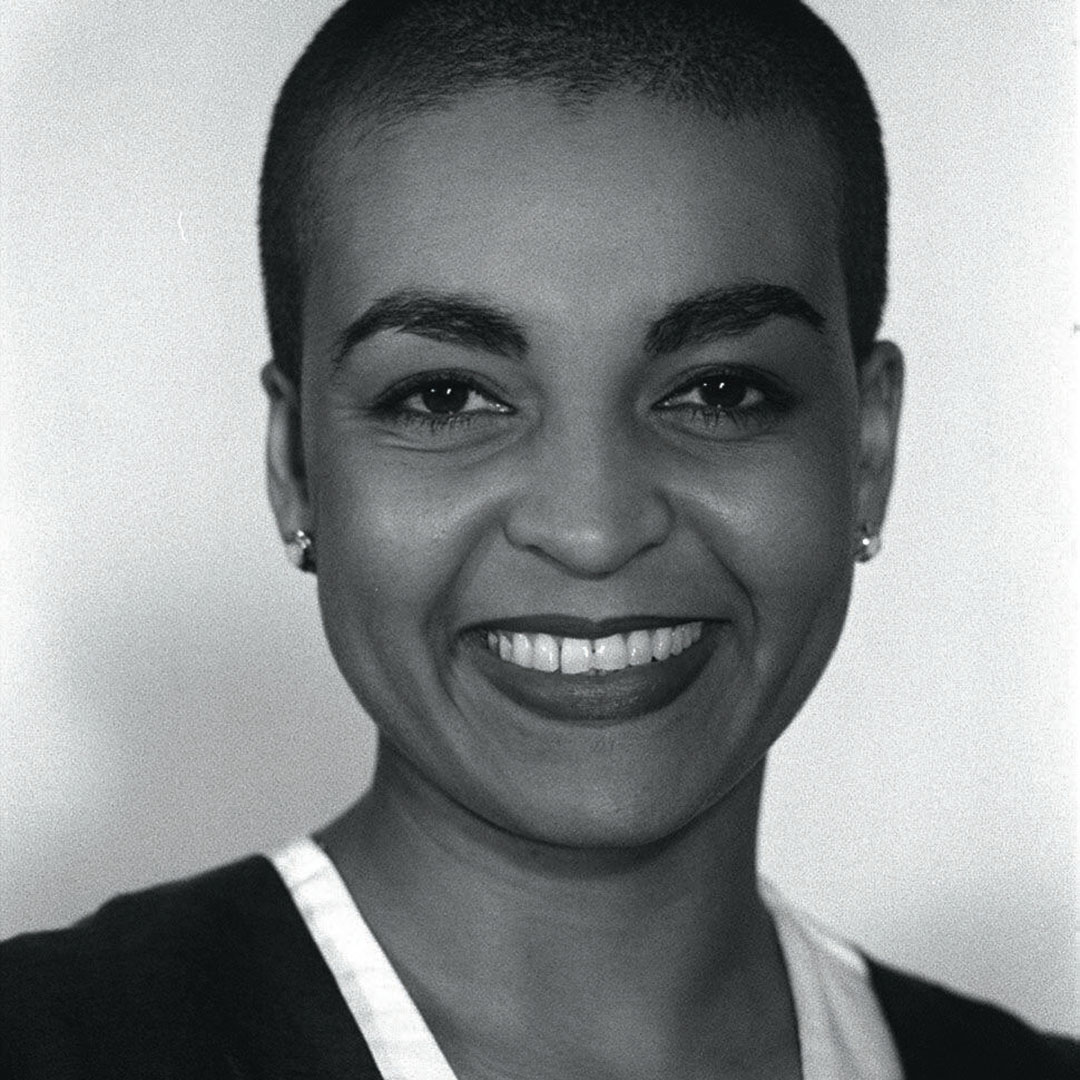
Being an obedient daughter I went to study law after I left school. When I started, I had an idea of being a radical lawyer helping people who needed support. I worked part-time in a place called the Bedminster Centre, and I would help qualified people to research things like housing benefit and immigration rights. I really loved that aspect of the work, but I really wasn’t interested in studying contract law or land law, which actually would have been the things that would have supported that sort of radical perspective better. But I just didn’t want to do it. When I was in my second year, I just thought, I’ve had enough. Then I met a woman through a Black woman’s group at the uni who ran a drama club in Bristol. So I started attending her classes. And she told me about a show in London and said I ought to audition for it. So I went up to London, I auditioned, and I got the job.
